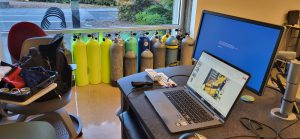
Cylinder Inspection Training: Why a Maintained Cylinder Is a Happy Cylinder
Uncover the importance of gas cylinder inspections and training. Dive deep into ensuring safety, boosting efficiency, and prolonging cylinder life.

When dealing with high pressure gases, cylinder technicians need to be aware of the numerous hazards: Corrosion, falling cylinders dislodging valves, burst discs rupturing and decibel levels of escaping gases. The technician, or anyone handling a high-pressure cylinder, needs to be aware of the cylinder and its surroundings during use. In one such case, a hospital nurse, opening an oxygen cylinder in a children’s ward, scared the patients to the extent that they were breaking windows and crawling through glass to get out of the building.
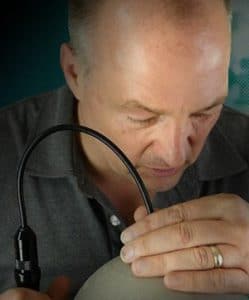
I enjoy continuing to build the business based on safety since 1999. CTS focuses on the inspection of high pressure cylinders, the maintaining of the valves and basic maintenance of high pressure compressor systems. CTS stays current in techniques and tools to train both the new and novice employee. We publish articles, update training tools and have created an APP to assist during the inspection process.
#cylinder #safety #hazmat #training #cylinderinspectiontraining #cylindex

Uncover the importance of gas cylinder inspections and training. Dive deep into ensuring safety, boosting efficiency, and prolonging cylinder life.
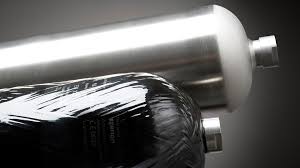
Is your composite cylinder showing signs of wear? Discover when to seek a professional repair service in our comprehensive guide.
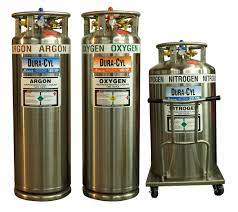
29 CFR 1910.101 intro Handling cryogenic cylinders involves working with extremely low-temperature gases that pose unique safety risks. To ensure the safe handling, storage, and transportation of these hazardous materials,
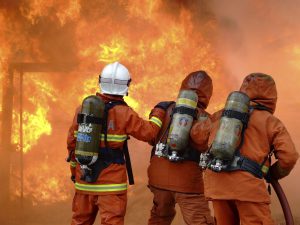
Introduction Firefighters encounter many risks while on duty, including hazardous materials and high pressure bottles. High pressure bottles are used for a variety of purposes in firefighting, including powering hydraulic